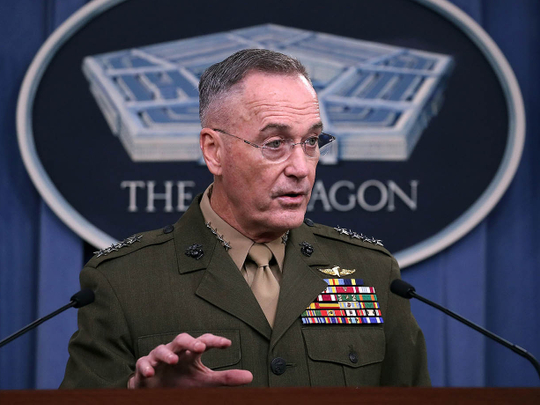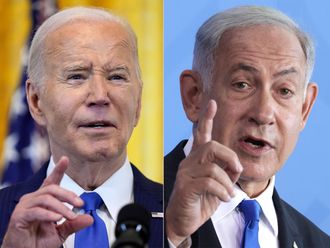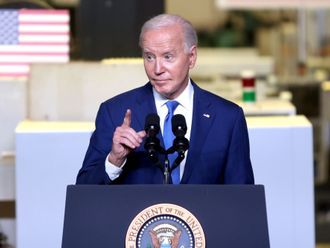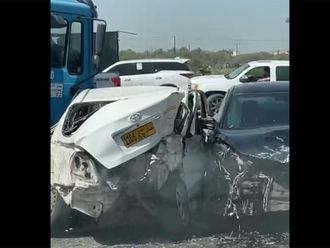
Washington: US soldiers will continue assisting local forces in Niger despite the deaths of four Americans in an ambush, the top uniformed American military officer said Monday.
“Our intent is to continue operations there,” Chairman of the Joint Chiefs of Staff General Joseph Dunford told reporters as he provided new details on the October 4 attack by Daesh-linked fighters.
Dunford said the US has had up to 800 military officials in Niger recently, the largest American force anywhere in sub-Saharan Africa, training and supporting the Nigerien military in fighting insurgents.
The four men were killed on a reconnaissance patrol on the Niger-Mali border directly north of Niamey. Dunford said five Nigerien soldiers were killed, and another two Americans wounded.
The 12 American and 30 Nigerien soldiers on the mission were attacked by about 50 fighters Dunford characterized as locals associated with Daesh.
Dunford said an investigation is underway into what happened. He said the mission was originally set based on an assessment that they were “unlikely” to come into conflict with any local forces.
“They did not expect resistance on their particular patrol,” he said.
Dunford also said that, based on what investigators know so far, the patrol did not call for support until one hour after being attacked, suggesting perhaps they believed they could handle the situation.
The incident shocked many Americans unaware of the US military presence in the African country.
“The majority of our operations in Africa are designed to support the training, advising and assisting of the local African partners,” Dunford said.
“We mitigate the risk to the US forces with specific guidance that we will only accompany those (local) forces when the prospects of enemy contact is unlikely.”
Dunford said the clash reflects the globalization of the fight against Daesh as it is driven out of key bases in Syria and Iraq.
“We are dealing with a challenge that exists from West Africa to Southeast Asia... We’re dealing with a global challenge,” he added.
“That’s exactly why we are conducting the kind of operations that we are conducting in Niger.”












